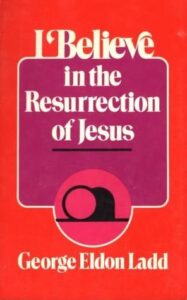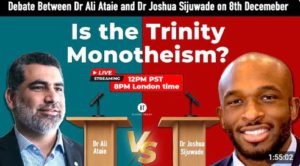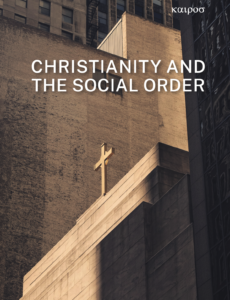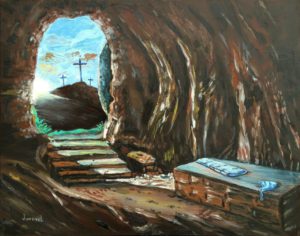 Recommended Books on the Resurrection of Jesus Christ. BADR Part 12/12
Recommended Books on the Resurrection of Jesus Christ. BADR Part 12/12
Selected Bibliography on Biblical Anthropology, Death and Resurrection
1) Hans Walter Wolff, Anthropology of the Old Testament. Fortress, 1973.
2) Anthony Hoekema, Created in God’s Image. Eerdmans, 1986.
3) John Cooper. Body, Soul and Life Everlasting. Eerdmans, 2000.
4) Gary Habermas & Michael Licona, The Case for the Resurrection of Christ. Kregel, 2004.
5) G.E. Ladd, I Believe in the Resurrection of Jesus. Eerdmans, 1975.
6) John Wenham. The Easter Enigma. Zondervan, 1984.
7) Murray Harris, From Grave to Glory. Zondervan, 1990.
ANNOUNCEMENT
Kairos Podcast will be taking a break until March 2025. It will resume with a 5-parts podcast series on Homosexual Practice and the LGBT Sexual Revolution: Biblical & Sociological Perspectives.






